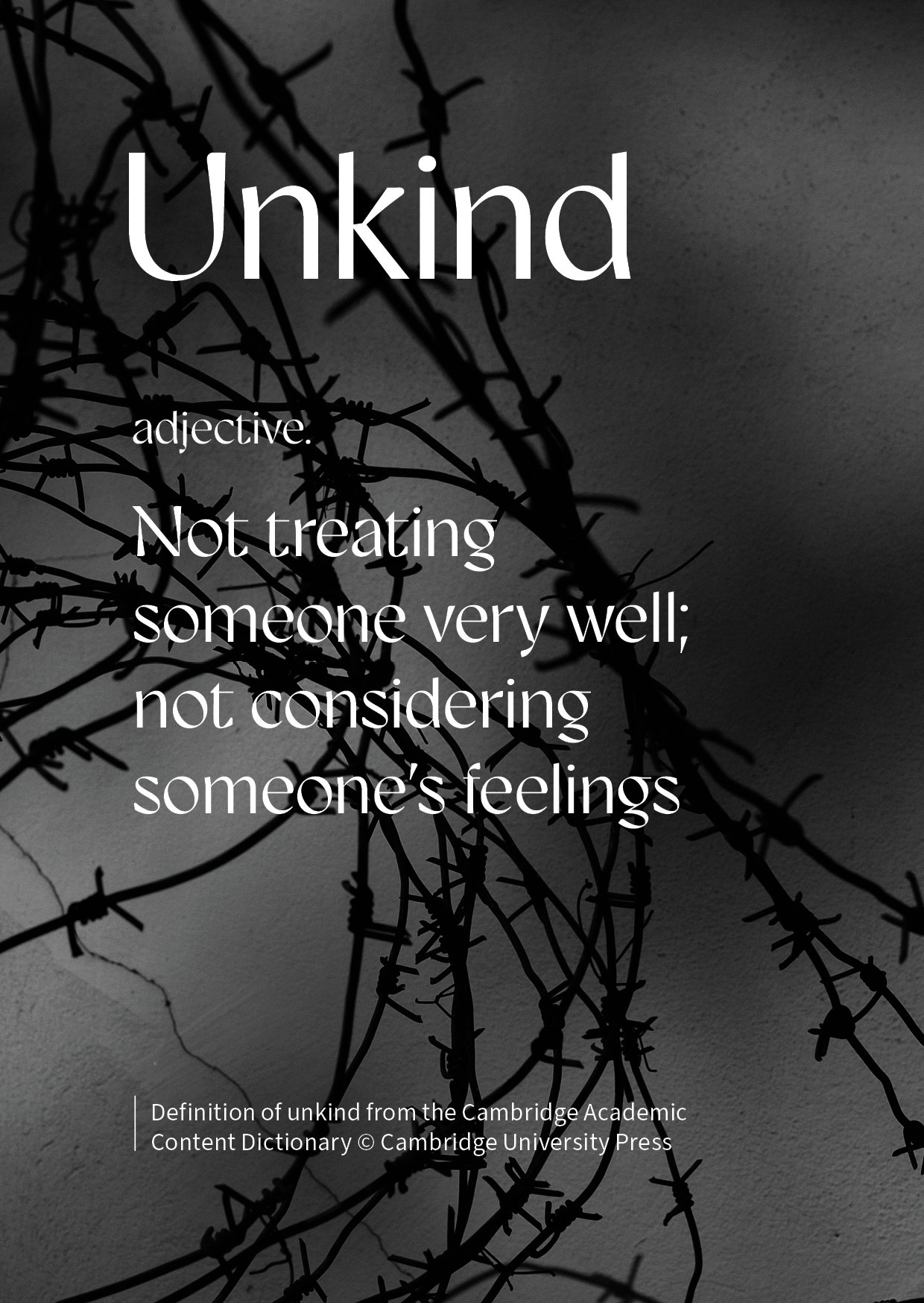-

What is psychological shape shifting behaviour?
•
Psychological shape-shifting refers to a type of behavioural pattern where an individual adapts or changes their personality, actions, or attitudes depending on the social context or the people they are interacting with. This can be done consciously or unconsciously, and it often involves altering one’s usual self-presentation to fit in…
-

What is psychodynamic merging
•
Psychodynamic merging refers to a psychological process where a person starts to blend their identity with that of someone significant in their life — usually a parent, partner, or other important figure. This merging can manifest in various ways, and it often happens unconsciously, so individuals may not even be…
-

What does an enmeshed family look like?
•
An enmeshed family is one where the boundaries between family members are overly blurred, leading to a lack of individuality and independence. In these types of families, emotional connections are so intense and intertwined that it can be difficult for members to maintain a sense of self outside of the…
-

Why conflict feels so scary for some
•
Conflict is a complex issue, and it can feel really scary for some people due to a combination of psychological, emotional, and past experiences. Here we explore the underlying reasons: 1. Fear of rejection or abandonment For many, conflict triggers a deep-seated fear of being rejected or abandoned. If someone…
-

How to stop feeling responsible for others’ feelings
•
Feeling responsible for others’ feelings is a very common struggle and is often linked to things like people-pleasing tendencies, perfectionism, or even trauma history. It can create a lot of emotional burden, because we internalise others’ moods or reactions as though they are our job to manage. But in reality,…
-

Why some of us take responsibility for other people’s feelings?
•
Taking responsibility for other people’s feelings is a common pattern, and it can stem from several psychological and emotional factors. Here are some reasons why this might happen: 1. Early attachment patterns In childhood, the way our emotional needs were met by caregivers often shape how we relate to others…
-

How to deal with the silent treatment
•
Dealing with the silent treatment, especially from someone we care deeply about, can be emotionally painful and confusing. It’s often used as a way of expressing frustration, anger, or a need for space, but it can leave the recipient feeling isolated, unheard, and powerless. Here are some healthy ways to…
-

Do we have codependent tendencies?
•
Codependent tendencies refer to patterns of behaviour in which a person tends to prioritize the needs, desires, and well-being of others over their own, often to the point of neglecting their own emotional, physical, or mental health. This dynamic can develop in various types of relationships, but it is typically…


